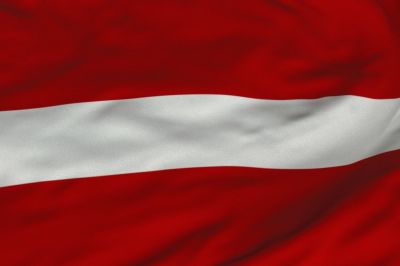Area (km2): 64 589
Population (mln): 2,23
Official language/s: Latvian
Internet TLD: .lv
Calling code: +371
Member of the EU from: 1st May 2004
Unemployment rate Sep 2011 (%): 14.7
Unemployment rate under 25 years Sep 2011 (%): 31.4
Unemployment rate Sep 2012 (%): 12.5
Unemployment rate under 25 years Sep 2012 (%): 26.5
Population statistics 20-29 age group 2011 (%): 15,8
Country codes in education system: LV
Expected duration of education (years): 17,5
In Latvia, tertiary education programmes are provided by:
- university type institutions of augstskola,
- non-university type institutions of augstskola,
- koledža.
The Law on Institutions of Higher Education makes
distinction between university-type and non-university-type
institutions. While non-university-type institutions run professional
programmes, universities often offer both academic and professional
programmes. The law defines four determinant criteria for a university
status:
- implementation of bachelor, master and doctor study programmes; assertion of doctoral thesis occurs annually,
- at least half of persons elected in academic posts hold a doctor’s degree,
- institution issues scientific publications and
- establishes scientific institutions or units in the main
scientific disciplines corresponding to the implemented study
programmes.
Koledža may function under higher educational institution and
also as an independent institution. Colleges provide first-level higher
professional education considered as the first phase of the second-level
professional higher education programmes offered by a higher education
institution.
There are public and private (i.e. established by legal persons as defined by the legislation) higher education institutions.
